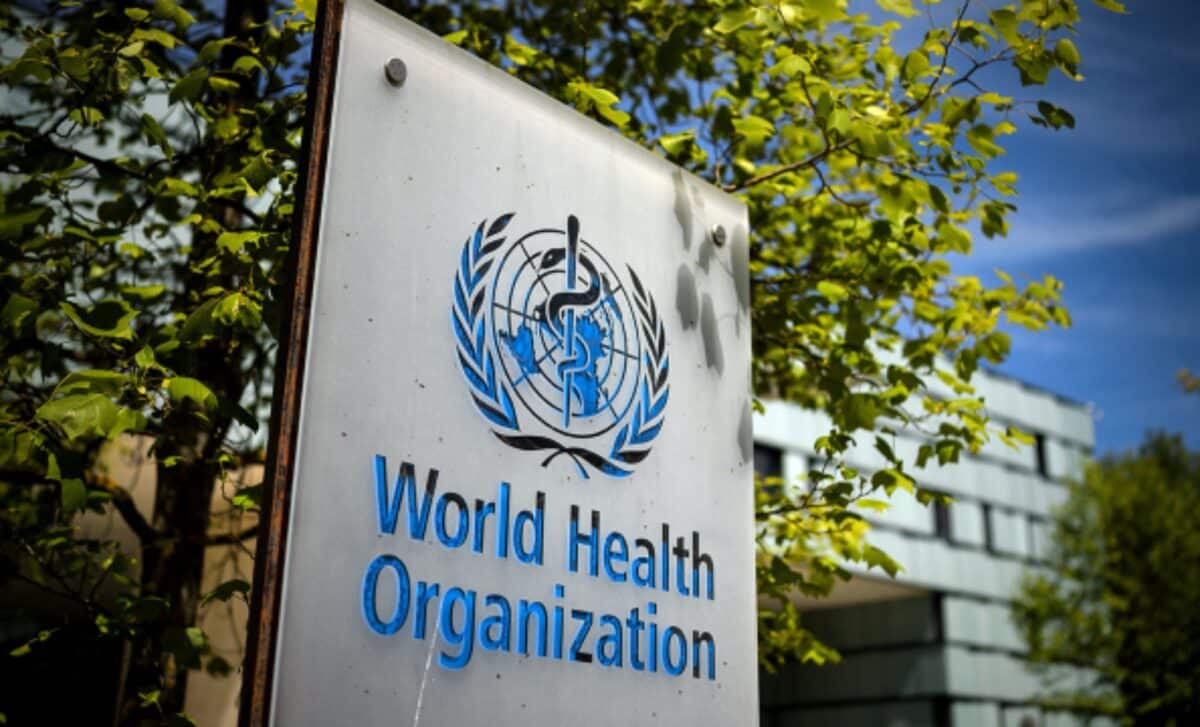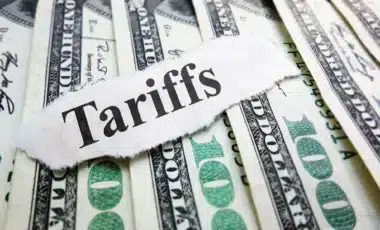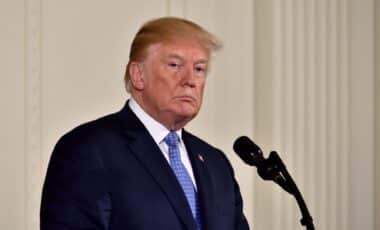The World Health Organization (WHO) has raised alarm over the sharp cuts to US foreign aid, urging the United States to reconsider its decision.
The WHO chief, Dr. Tedros Adhanom Ghebreyesus, warned that these reductions could have devastating consequences, with millions of lives at risk. The impact would particularly be felt in global health programs that have made substantial strides over the past two decades.
Dr. Tedros expressed concern that the funding halt would severely disrupt ongoing battles against HIV, malaria, tuberculosis, and measles.
The US has traditionally been the largest donor to these initiatives, and without continued financial support, decades of progress could be undone. These cuts could lead to significant setbacks in disease control and prevention efforts, placing vulnerable populations at greater risk.
The Immediate Consequences of US Aid Cuts
According to Dr. Tedros, the withdrawal of US funding for global health programs could lead to catastrophic health outcomes. The halt to funding for the US-backed PEPFAR (President’s Emergency Plan for AIDS Relief) program, for instance, has already caused disruptions in HIV treatment, testing, and prevention in over 50 countries.
Eight nations are facing severe shortages of antiretroviral drugs, which could lead to millions of new HIV cases and an estimated three million additional HIV-related deaths.
The situation is similarly dire for malaria. The US has been the largest donor in the fight against the disease, which has prevented billions of cases and millions of deaths over the years.
However, the cuts are already causing delays in the distribution of essential malaria medicines and bed nets. If these disruptions persist, malaria could see an additional 15 million cases and 107,000 deaths this year alone.
The Ripple Effect on Global Health Systems
Beyond HIV and malaria, other vital health initiatives are under threat. Dr. Tedros highlighted the impact on tuberculosis (TB) programs, where several countries have already reported failing supply chains for essential TB drugs.
The US has played a significant role in supporting TB services, saving an estimated 80 million lives over the past two decades. The loss of this funding could reverse much of this progress, with increased cases of drug-resistant TB posing a major challenge.
Moreover, the WHO’s Global Measles and Rubella Network, which relies on US funding, faces imminent closure. This comes at a particularly inopportune time as measles is on the rise again. Vaccines have saved nearly 94 million lives over the past 50 years, but without continued support, the global effort to combat this preventable disease could unravel.
Dr. Tedros called on the US to engage in dialogue with affected countries to help transition from dependence on US funding to more sustainable solutions. However, regardless of whether the US restores its aid, he stressed that other international donors must step up to fill the gap.
The WHO chief’s warning underscores the urgent need for a coordinated global response to ensure that these critical health programs continue to thrive. Without it, millions of lives could be at risk, and the progress made over the past two decades could be reversed in a matter of months.









